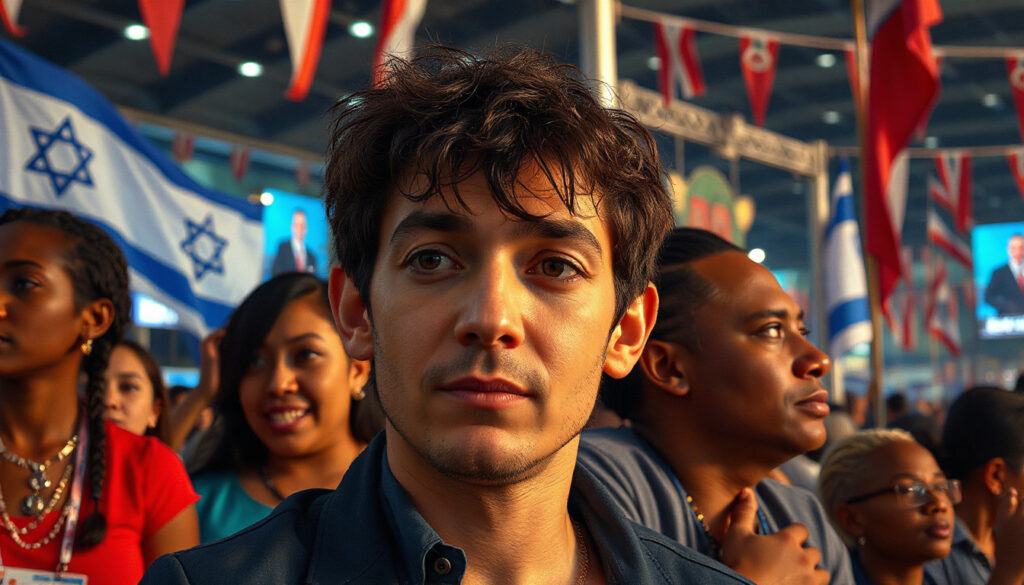Eurovision Song Contest 2026 now sees unrest before the first note plays. Israel sits at the core of the conflict. Fans and organizers feel strong stress and debate. The link with current Middle East news stokes worry and anger for many.

Why Israel’s Participation Matters
Eurovision is meant to bring European and nearby nations together with music. Israel now joins the contest in Vienna. This stirs deep feelings because of the long conflict in Gaza. Several nations speak out against Israel. They warn that they may drop out if it takes part.
News of an ongoing two-year war between Israel and Hamas adds weight. A ceasefire just came into place. The tense scene makes many call on Eurovision to review this choice. This split leaves member channels in disagreement.
Postponing the Vote: A Strategic Move
The EBU, which runs Eurovision, planned a vote online in November 2025 on Israel’s role. A recent ceasefire changed these plans. The vote now waits for the December meeting, where talk happens face to face.
This delay shows how hard it is to find full agreement among 68 members. Each nation holds its view and need. The EBU sees that the matter needs a fair and deep talk. Choosing Israel now is new ground. The event aims to keep music free of strong politics, but it now feels heavy pressure.
The Broadcaster Positions and Political Stakes
Some channels, like those from Spain, Ireland, Slovenia, Iceland, and the Netherlands, have said they might leave if Israel is in. The Netherlands said that even with the pause in conflict, it does not back Israel for now but may change with time.
In contrast, Austria’s channel ORF, which hosts the contest, asks all participants to stay. Austria’s top minister said that Eurovision and art should not face bans or penalties from world politics. This view shows that many in Europe want to keep the show united and true to its art.
What This Means for Eurovision and Fans
The delay and long talks leave fans and participants in doubt. Israel has been a strong part of Eurovision. In 2025, its act won the top public vote and finished second overall. This shows strong support and skill in performance.
The row tests Eurovision’s aim to stay open and fair. If many choose to drop out or if Israel is banned from competing, the contest risks losing its mix of views and its goal to unite people with music.
Key Takeaways
- Political rifts can spill into art shows. Although Eurovision seeks to avoid politics, global events reach the contest.
- Group decisions need slow and steady talks. The EBU now meets face to face so each voice is heard.
- Boycotts may hurt the show. If many channels drop out, Eurovision loses part of its mix and charm.
- Even art and music feel world events. No contest that aims to be apolitical escapes global issues.
- Fans wait for clear news. Lovers of Eurovision hope for a firm fix that keeps music alive for all.
What’s Next?
In December, the EBU meets to decide on Israel’s role. Broadcasters will speak up and help shape the next steps. They see a need to balance tough views while keeping music as a bond among people. Until then, the Eurovision world waits with care and hope.
Keep track of news, choose words that unite, and get ready to enjoy the music when calm returns.







